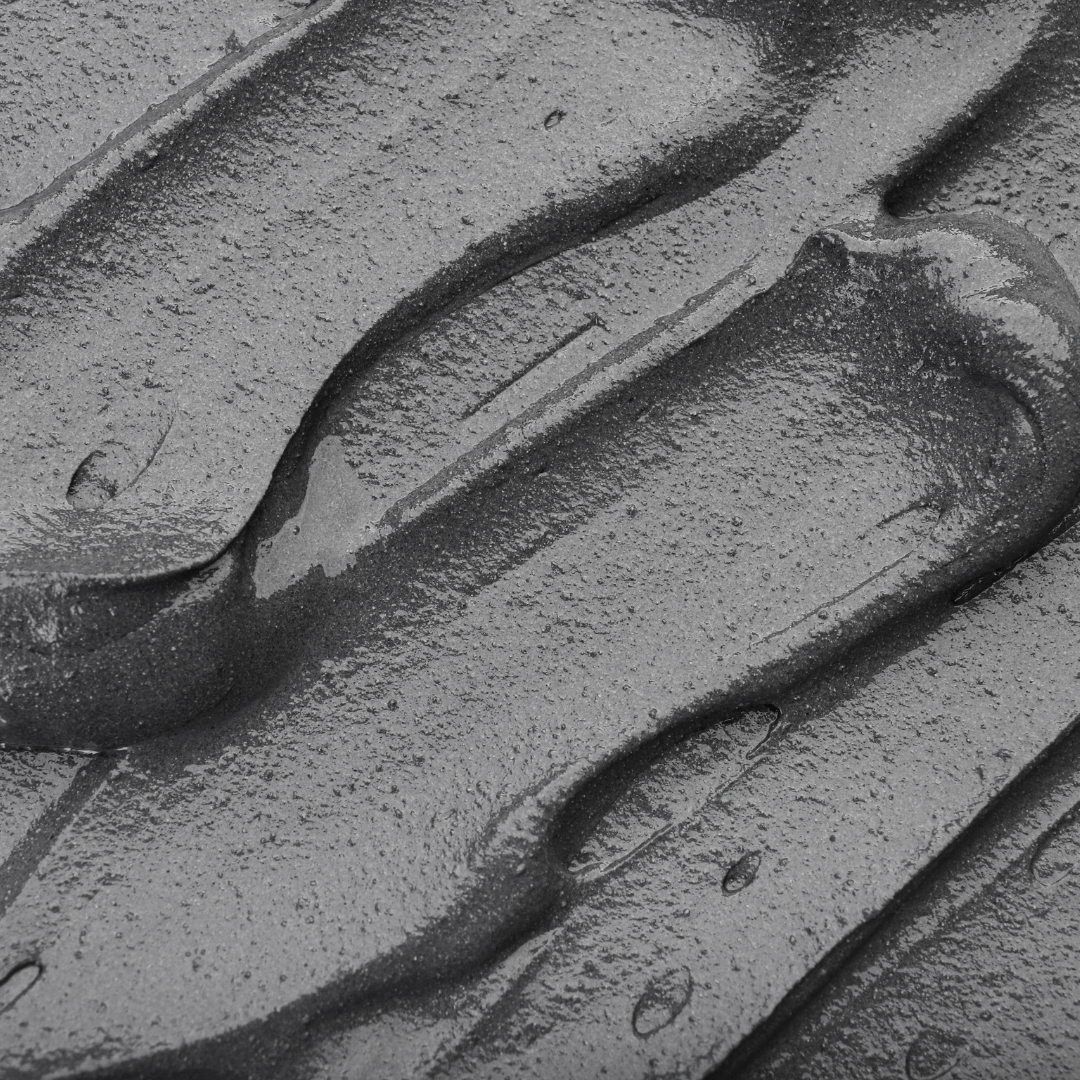
Charcoal in Skincare: The Reality Behind its Claims
In the realm of skincare, charcoal has garnered attention for its potential purifying abilities. Derived from the heating of carbon-rich materials like wood or coconut shells, charcoal possesses a porous structure that excels at absorbing impurities. Its applications extend beyond skincare to encompass water and air purification, medical treatments, and various beauty and health products.
However, despite its reputation, the efficacy of charcoal in skincare products may not always meet expectations. The issue lies in the properties of charcoal when it reaches saturation with the ingredients of the skincare product itself. Much like a sponge that has absorbed as much water as it can, charcoal in skincare products is often already saturated with the ingredients of the product. This can diminish its ability to effectively interact with impurities on the skin's surface, reducing its efficacy in providing the intended benefits such as detoxification and deep cleansing.
Nevertheless, charcoal remains relevant, particularly in products without water. In these contexts, charcoal can still leverage its absorption properties more effectively. Additionally, in toothpaste, charcoal's abrasive properties can provide enhanced cleaning.
While charcoal may offer benefits in specific scenarios, its inclusion in water containing skincare products often reflects marketing strategies rather than genuine effectiveness.
When selecting skincare products, it's helpful to consider scientific evidence over flashy claims. At Blends and Formulas, we adhere to this principle, opting for ingredients with proven efficacy and avoiding trendy additives lacking in tangible benefits. While charcoal may possess merits, understanding its limitations is important in making informed skincare choices that are scientifically sound and based on evidence.

